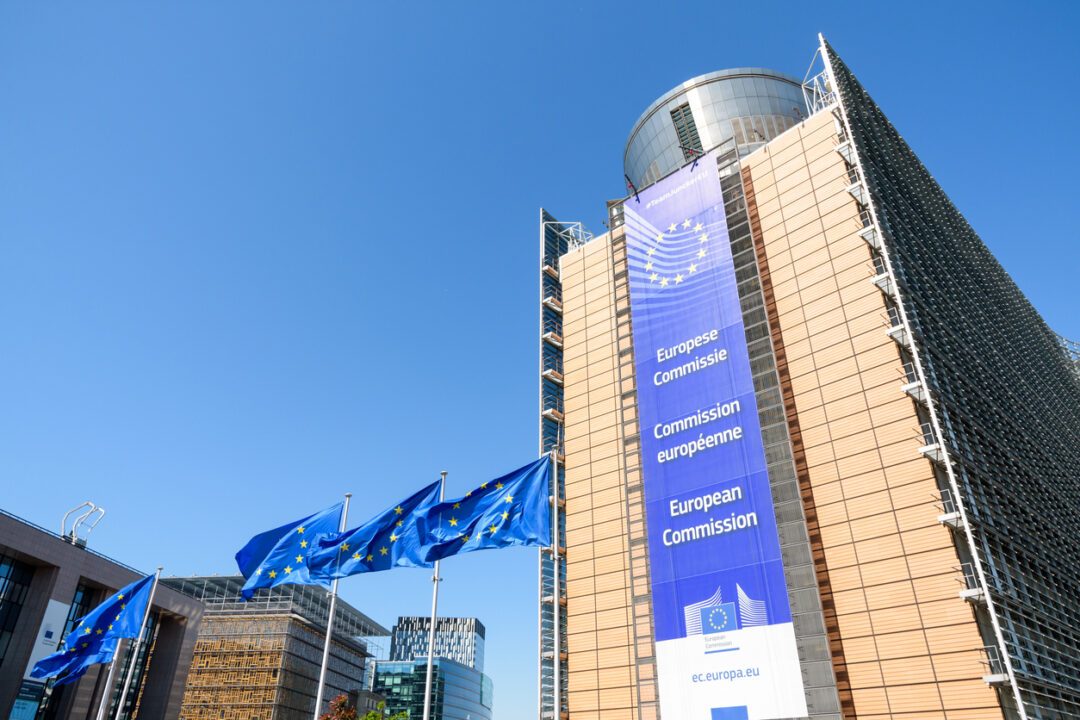March 2022 – Efus, represented by Carla Napolano, Deputy Director, and Beatrice Juskaite and Eszter Karacsony, Programme Managers, organised on 21 March an online seminar for the members of the Local Council for Crime Prevention (LCCP) of the City of Piraeus (GR) to present the main elements of its strategic approach to urban security.
The City of Piraeus established the LCCP in the framework of the EU co-funded BeSecure-FeelSecure (BSFS) project, which it leads. This council brings together the main local urban security stakeholders and is a key pillar of urban security governance.
A key tool for sustainable governance
The strategic approach long promoted by Efus considers all the factors at play in the security situation of a given local territory and involves all the relevant actors in order to address problems in a holistic and sustainable manner.
The City of Piraeus and its Local Council for Crime Prevention are keen to use this approach, which consists of five elements:
1) a local safety audit – the basis for any further action, meaning learning about, understanding and analysing elements of the local security situation;
2) strategy – translating the findings of the audit into objectives;
3) action – fleshing out an action plan and guaranteeing its implementation;
4) evaluation – assessing the impact of the action;
5) mobilisation and participation – engaging in a continuous effort to include all stakeholders and foster participative processes.
Efus’ Deputy Director highlighted the following main elements for successfully implementing the strategic approach to urban security: participation, meaning engaging in a continuous effort to include all stakeholders and foster participative processes; evaluation, which implies regularly assessing the implementation and impact of the actions taken; and, bearing in mind that the strategic approach is not a linear but a circular process, ensuring it is constantly adapted to the specific local context and needs, as opposed to a one shot exercise. As such, even the first stages have to be regularly revised in order to adapt to an ever-shifting local security situation and respond to the local community’s needs.
Practical examples
In order to illustrate the strategic approach in practice, the Efus team presented the EU co-funded BRIGDE project’s local polarisation audit methodology and toolkit, as well as the five stages of the vulnerability assessment tool as operationalised under the equally EU co-funded Secu4All project.
Synergies with the Partnership on Security in Public Spaces of the Urban Agenda for the EU
At the end of the session, the participants shared their suggestions through an evaluation questionnaire that was produced under Action 4 of the Partnership on the Security in Public Spaces of the Urban Agenda for the EU, which is led by Efus as well as the Cities of Nice and of Madrid. As part of the Partnership’s six-point action plan, Action 4 recommends developing a capacity-building training programme about integrated sustainable urban security. As one of the coordinators of the Partnership and a member of the BSFS consortium, Efus is in charge of establishing synergies between these two initiatives.
> More information in Efus’ publication Methods and Tools for a Strategic Approach to Urban Security > See also the Efus safety audit guide





